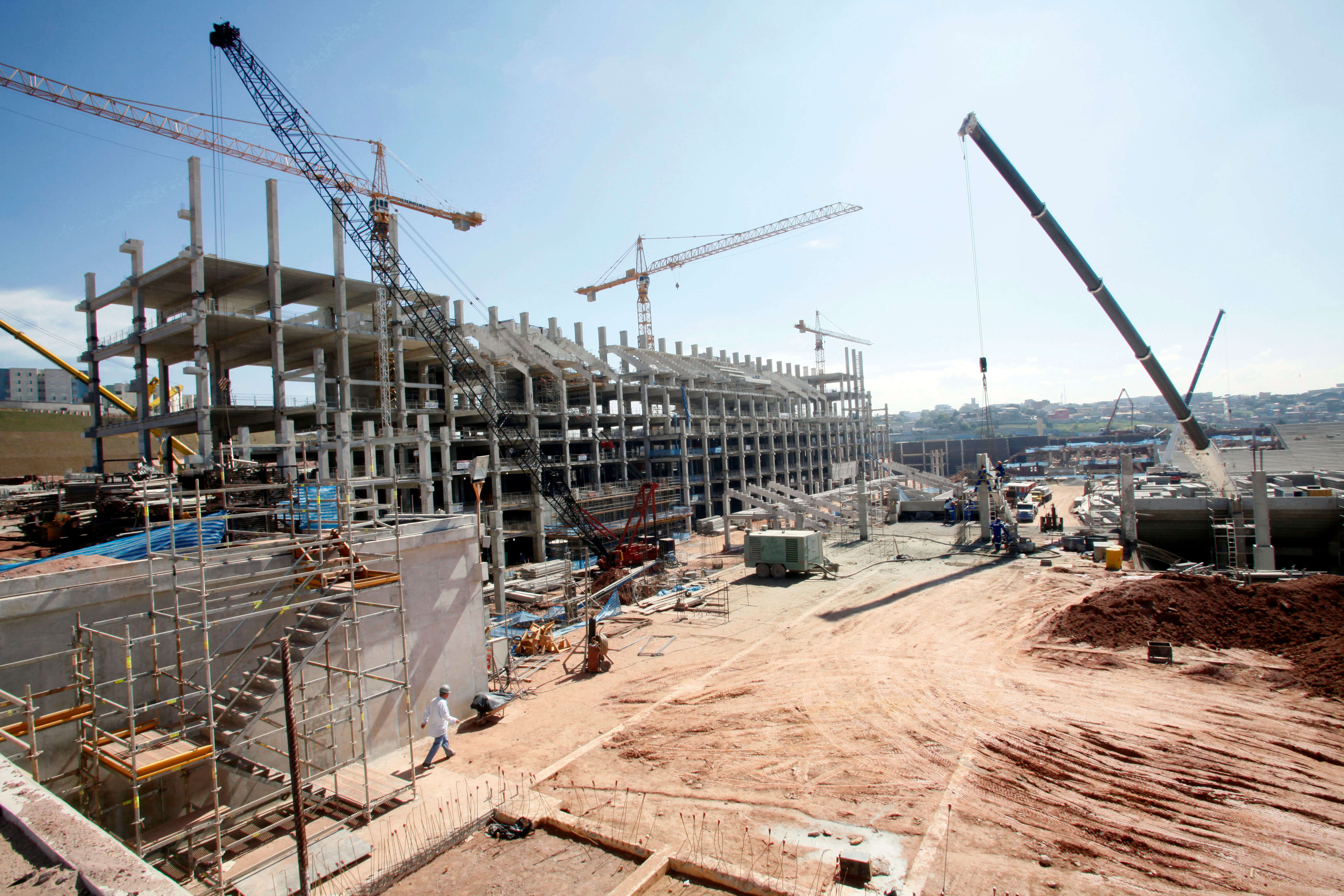Extraction Equipment: Essential Tools for Efficient Heat Exchanger Services
Heat exchangers are vital in industries like petrochemical, agriculture, and energy, enabling efficient thermal management by transferring heat...
3 min read
ParFab Companies : November 25, 2024 7:43:39 PM CST
You may be wondering, how does a heat exchanger work and what does a heat exchanger do? They work through designs such as shell and tube or plate configurations, optimizing energy use and enhancing operational efficiency. To maintain their performance and prevent costly failures, extraction equipment is essential for safely removing heat exchanger bundles during maintenance.
This equipment helps minimize downtime and extend the lifespan of these critical systems. By prioritizing effective maintenance, industries can ensure smooth and reliable operations.
The bundle extractor is a specialized tool designed to remove heat exchanger bundles safely and efficiently. Its primary function is to minimize the risk of damage to both the heat exchanger and the surrounding infrastructure during maintenance. By providing a controlled method of extraction, this equipment ensures that the maintenance process is both effective and safe.
For mobile field services and turnaround situations, the truck mount extractor offers unparalleled convenience. This equipment is designed to be easily transported to various locations, making it ideal for urgent maintenance tasks that require quick intervention. Its robust design enables it to handle various heat exchanger sizes and configurations.
In environments with confined spaces, the self-propelled extractor provides the necessary flexibility and precision. This equipment allows technicians to navigate tight areas efficiently while ensuring that the extraction process does not compromise safety or effectiveness. Its maneuverability is essential for maintaining operational integrity in challenging locations.
For elevated heat exchangers, the aerial extractor presents a significant advantage. Designed to reach high locations safely, this equipment ensures that maintenance can be performed without the need for extensive scaffolding or rigging. Its ability to access hard-to-reach areas is crucial for effective heat exchanger upkeep.
.png?width=448&height=308&name=2024%20Heat%20Exchanger%20-%20PFS%20(1).png) Investing in high-quality extraction equipment is vital for ensuring efficient heat exchanger services. Quality equipment not only facilitates timely maintenance but also minimizes downtime during critical turnaround periods. By reducing the time spent on maintenance, companies can enhance productivity and maintain operational flow. Extraction equipment plays a crucial role in the maintenance of heat exchangers by ensuring efficient and safe removal of components during service operations.
Investing in high-quality extraction equipment is vital for ensuring efficient heat exchanger services. Quality equipment not only facilitates timely maintenance but also minimizes downtime during critical turnaround periods. By reducing the time spent on maintenance, companies can enhance productivity and maintain operational flow. Extraction equipment plays a crucial role in the maintenance of heat exchangers by ensuring efficient and safe removal of components during service operations.
As heat exchangers are often integral to a facility's overall performance, any downtime can lead to significant production losses. High-quality extraction tools, such as bundle extractors and truck mount extractors, facilitate the precise and careful removal of heat exchanger bundles, minimizing the risk of damage to both the equipment and surrounding infrastructure. Moreover, specialized devices like self-propelled and aerial extractors enable technicians to navigate confined spaces and reach elevated units safely, making maintenance tasks more effective and less time-consuming. By employing the right extraction equipment, organizations can significantly reduce maintenance time and costs, ultimately enhancing the reliability and efficiency of their heat exchanger systems.
At PFS, we offer a comprehensive range of extraction equipment tailored for various field services. Our equipment supports capital construction, emergency services, and planned maintenance, ensuring that your heat exchangers are always in peak condition. PFS has a fleet of bundle extractors. This includes truck mount extractors, self propelled extractors, 3 different sizes of aerial extractors,& combi-lifters. We prioritize efficiency and safety in the field, making our extraction solutions a reliable choice for maintenance teams.
To explore deeper insights into heat exchanger maintenance and optimization, check out our related blogs:
Maximizing heat exchanger efficiency through regular maintenance is essential for ensuring optimal performance and longevity of these critical components. Routine upkeep, facilitated by advanced extraction equipment, allows for thorough inspections and cleaning, which are vital for preventing fouling and other operational inefficiencies. By addressing potential issues early, such as blockages or wear and tear, organizations can avoid unexpected failures that lead to costly downtime. Moreover, effective maintenance practices not only ensure the lifespan of your equipment and enhance energy transfer efficiency but also contribute to lower operational costs over time. By investing in proper maintenance with the right extraction tools, businesses can extend the lifespan of their heat exchangers, ensuring consistent performance and reliability in their operations. This proactive approach ultimately translates into greater productivity and improved bottom lines.
The importance of heat exchanger maintenance cannot be overstated. Proper upkeep, facilitated by advanced extraction equipment, is crucial for the efficient operation of heat exchangers across industries. At PFS, we are committed to supporting diverse maintenance needs through our state-of-the-art extraction solutions. By prioritizing maintenance, companies can enhance their operational efficiency and extend the lifespan of their critical equipment.
For further assistance or inquiries about our extraction equipment and services, feel free to reach out to us!

Heat exchangers are vital in industries like petrochemical, agriculture, and energy, enabling efficient thermal management by transferring heat...

We are excited to announce the sale of our Industries Heater Manufacturing Division to Heater Specialist LLC (HSI), signifying a strategic pivot in...

Welding is a vital part of metal fabrication, used to join two or more pieces of metal together. There are several types of welding processes, each...